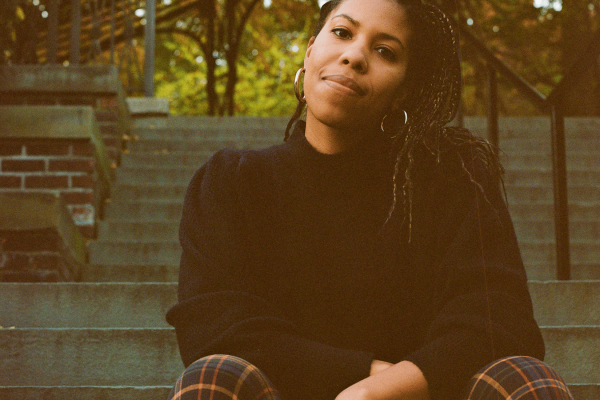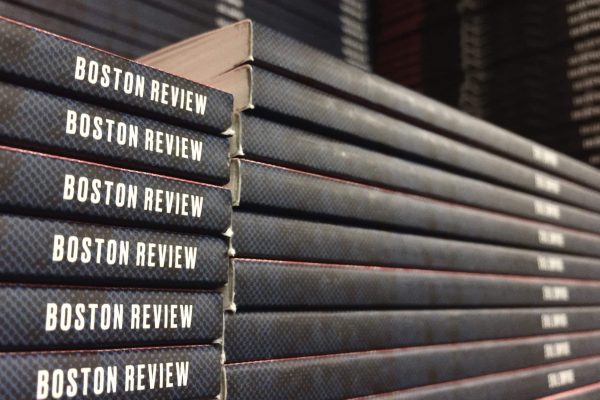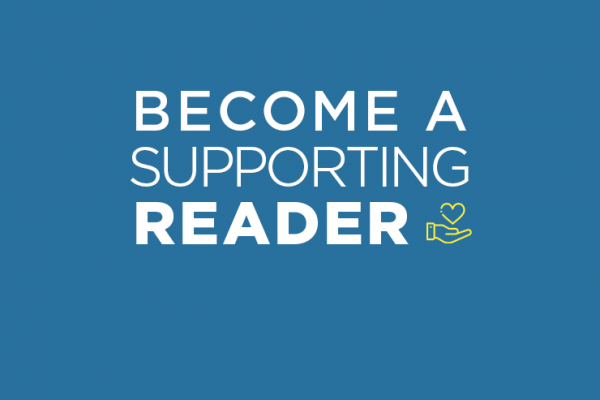Click here for the full March/April 2016 issue.
Contributors throughout this issue reckon with the university as a site of study and struggle.
In our forum, historian Robin D. G. Kelley reflects on the demands of the black student movement that swept college campuses last fall. Kelley powerfully embraces student activism but rejects the idea of the university as a home. He cautions that solutions to structural racism are not to be found in faculty diversity and curriculum changes, safe spaces or cultural-competency training. Resisting the language of trauma and accommodation, Kelley urges students to believe in their own agency—and to engage with the wider fight off campus. The university may not “offer them the education they crave,” but that education is within their reach. The most powerful and transformative ideas emerge when activists read, reflect, and engage with oppressed communities outside the university. Study and struggle.
Respondents to Kelley largely heed the spirit of his call for empowerment in place of victimhood, even as they defend the importance of telling the truth about a legacy of institutional mistreatment—and the obstacles to mobilizing under its shadow.
Where Kelley sees a crisis of political education on campus, Peter Hudson explores the erasure of a radical tradition in historical scholarship, one that “derives historical questions as much from political commitments as from academic concerns.” Reviewing new books on slavery and capitalism, Hudson finds a marked avoidance of the scholarly legacies of writers such as C. L. R. James, Eric Williams, and W. E. B. Du Bois. Missing is a serious engagement with the link between study and struggle—with the politics of race not just in history but also in the writing of history. Hudson asks what scholarship loses when it ignores the political origins and uses of ideas.
Anne Fausto-Sterling finds such ignorance at work in the conventional medical school curriculum, which often uses pernicious racial generalizations as shortcuts to diagnosis and treatment—with dire consequences. She calls for thoroughgoing reform, not just elective courses or padded syllabi. And Major Jackson envisions a very different fate for the wounded black body in his profound meditation on Ferguson.
Among the tireless advocates of study and struggle was beloved friend and Boston Review contributor Sidney Mintz (1922–2015), an early and eager scholar of the workings of power and culture. Thank you for everything, Sid. You taught us to see human creativity in the face of brutal challenges.







